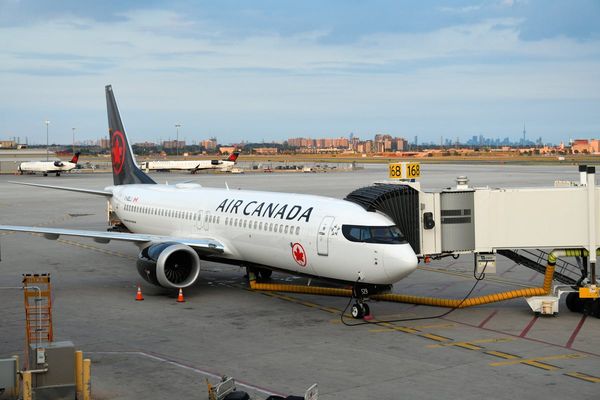
It remains one of the biggest questions facing environmentally conscious consumers: how to stop the seemingly endless stream of soft plastics entering our daily lives?
And, with the news that 94% of soft plastics are still ending up in landfill in Australia, the question is more pertinent than ever.
Australia joined more than 100 countries pushing for a global plastics treaty to reduce pollution during the lifecycle of plastics products. But global progress appears to have stalled.
So what can households and individuals do to reduce soft plastic waste in the meantime?
Getting industry to take responsibility
Last week the Australian Competition and Consumer Commission announced its support for a new industry-led scheme to collect and recycle soft plastic packaging from consumers, backed by major supermarkets and food giants including Mars and Nestlé, in an attempt to replace REDcycle which collapsed in 2022.
A spokesperson from the Australian Packaging Covenant Organisation (APCO), the organisation charged with leading the development of a circular economy for packaging in Australia, says the new scheme has merit because it encourages better practices by making producers financially responsible for their products’ environmental impacts.
“A national Extended Producer Responsibility scheme in Australia would shift responsibility for the end-of-life management of products (like packaging) from governments and consumers to producers,” the spokesperson says.
Tara Jones, plastics and packaging program manager at the Australian Marine Conservation Society (AMCS), says while the new scheme is welcome, recycling alone won’t solve the problem.
“Data from around the world tells us the more plastic that gets produced, the more plastic ends up polluting our environment.”
What can households do?
When it comes to limiting the scourge of soft plastics in our everyday lives, the age-old mantra of reduce, reuse and recycle still holds true – reducing the amount of plastics we use, reusing plastic bags where possible and recycling as best we can.
Birte Moliere, packaging product stewardship lead for the Boomerang Alliance, says consumers need to reimagine their relationship with packaging, as we won’t be able to recycle our way out of the huge amount of plastic packaging currently being produced. That means more support for reuse and refill nationally.
“We strongly encourage consumers to purchase items without single-use plastic. Australia is still the second largest per capita consumer of single-use plastics in the world, our per capita use is excessive, with much packaging completely unnecessary,” she says.
“Consider alternatives to plastic, such as reusable glass containers for food takeaways or beeswax paper instead of cling wrap,” the APCO spokesperson says.
“Think about opportunities to re-use existing plastic, rather than using new. For example, if you have used a plastic bag for your shopping, take this with you next time instead of buying a new one, or the reuse of plastic takeout containers.”
Where plastic is unavoidable, Australasian Recycling Label offers advice and maps about where to find soft plastic recycling programs. Some local councils now accept soft plastic drop-off at recycling locations, while others are offering kerbside collection. Selected supermarkets are trialling in-store collection.
Consumers can keep the pressure on
While supermarkets have been making changes in recent years, such as no longer offering free plastic bags at the checkout, they are still blocking real progress to eliminate plastic packaging.
According to a 2024 supermarket audit conducted in partnership with AMCS, Australia’s major supermarkets refuse to disclose how much plastic they are responsible for, while effectively penalising shoppers trying to avoid plastic bags, with loose fruit and vegetables more expensive than their plastic wrapped counterparts in 73% of cases.
“As individuals, we can take action by avoiding single-use packaging where possible, such as buying produce loose and using reusable containers and bags, but often we don’t have the choice,” says Jones from AMCS. “Many grocery items at the big supermarkets aren’t available without unnecessary plastic packaging.”
While supermarkets continue to prioritise recycling over the removal of plastic and stop short of providing plastic alternatives to many products on their shelves, Jones says one of the best actions we can do as individual consumers is keep up the pressure on supermarkets to drop their plastics addiction.
“Businesses need to take accountability and reduce plastic pollution at the source by eliminating problematic, unnecessary and excessive plastic packaging.”







